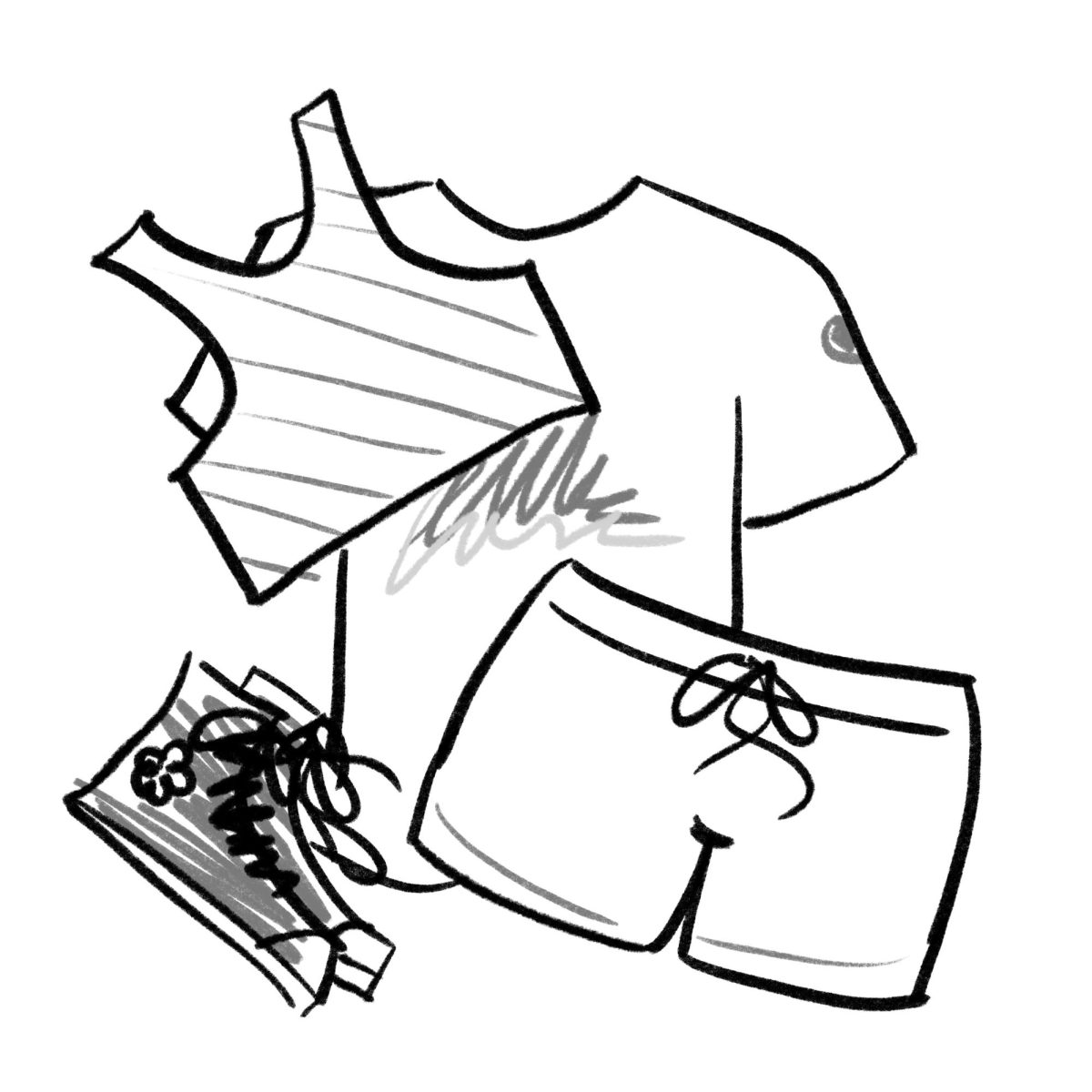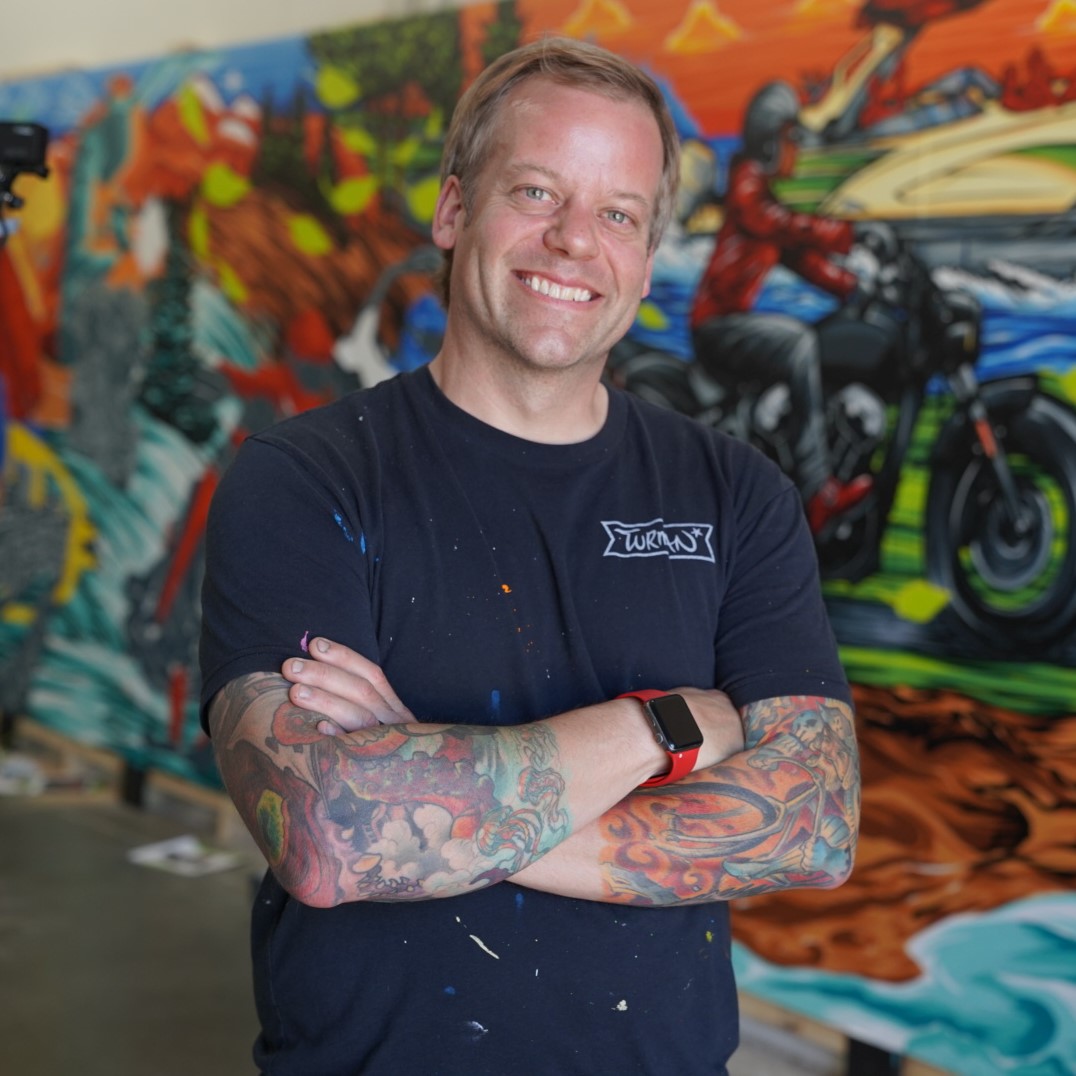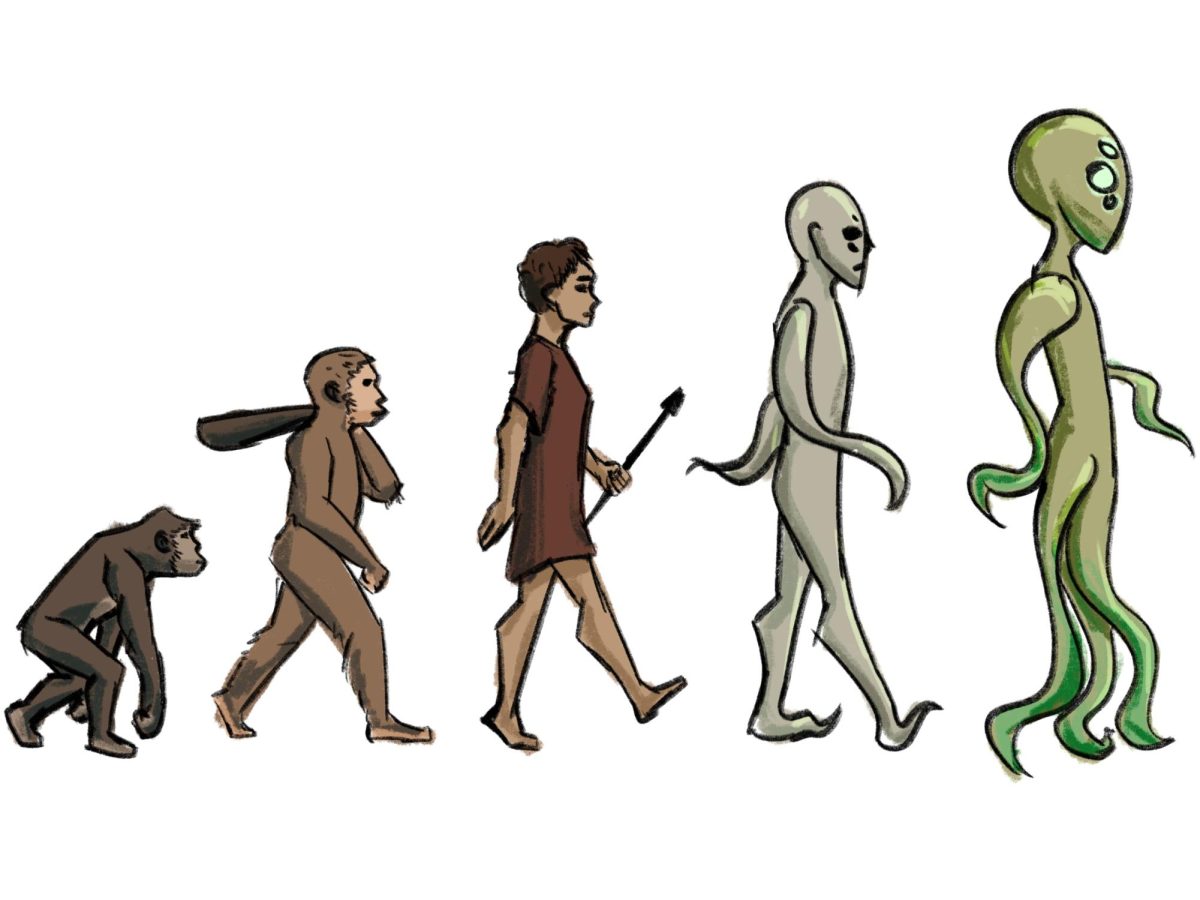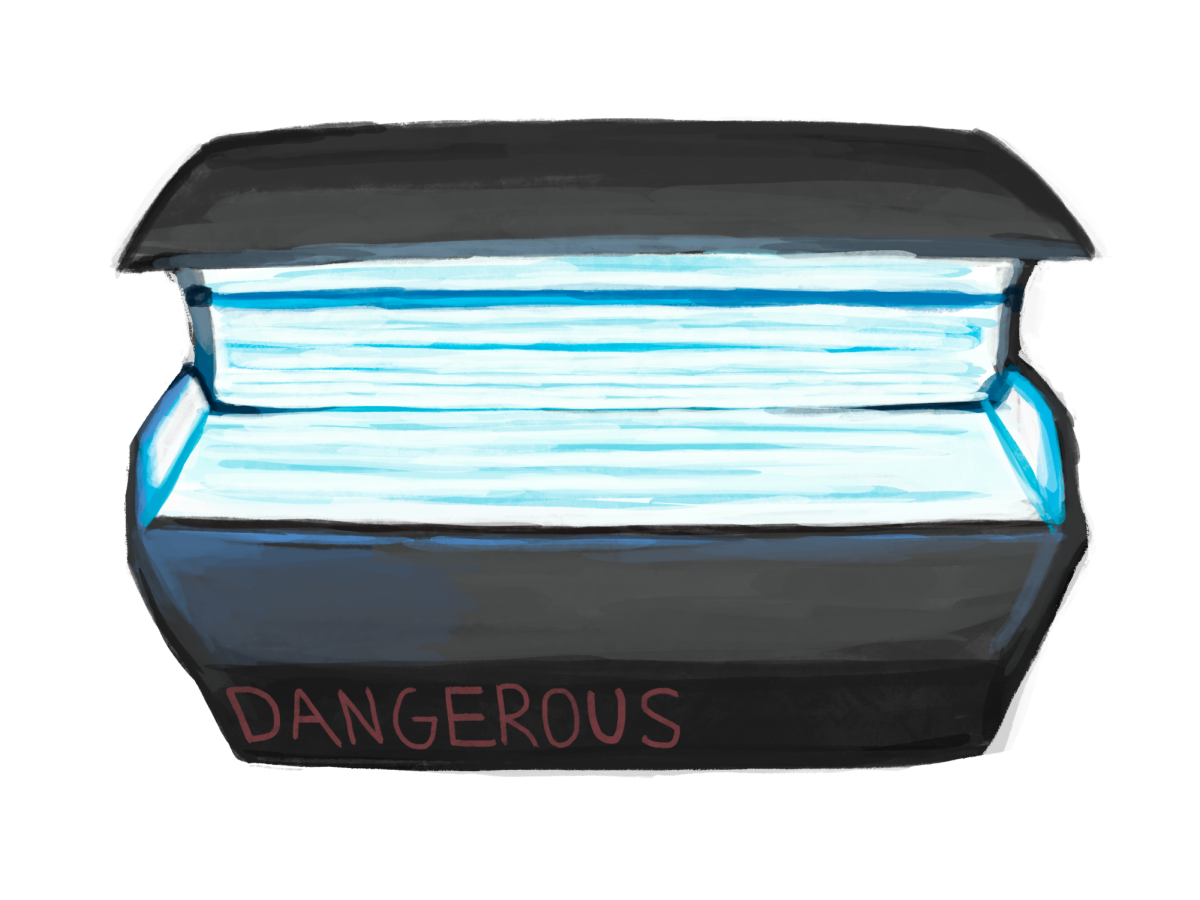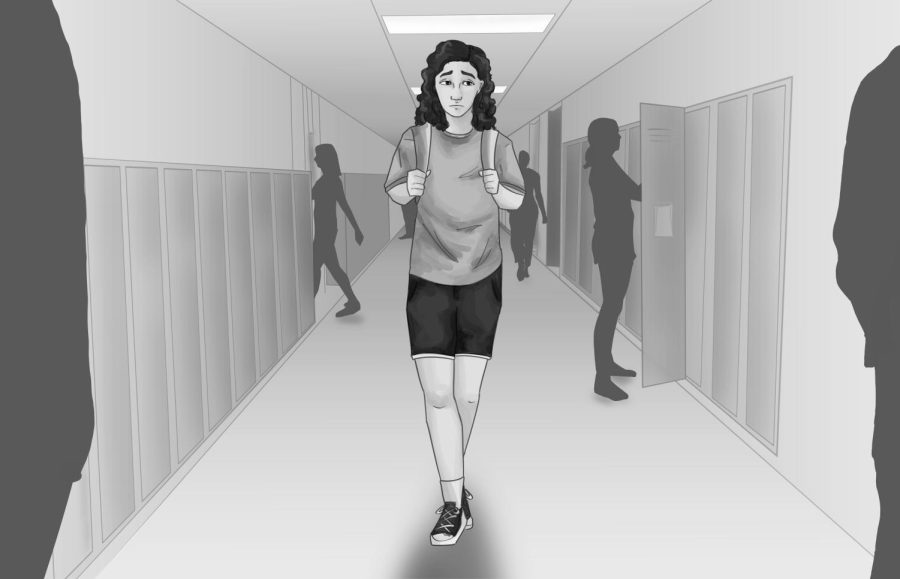Pain Pain Pain Pain Pain Pain Pain Pain Pain Pain Pain Pain Pain Pain Pain
May 26, 2023
Fun fact about me: I had 5 surgeries in 5 months when I was 14 years old, two of which included rib removals. During this time, I never thought about the long-term effects these surgeries would have on me. I was incredibly focused on taking it one surgery at a time. I always assumed the pain from the surgeries would go away, so it didn’t concern me.
After surgery, I endured extensive physical and orthopedic therapy. This included having to wear a shoulder sling throughout the day. I would put the sling back on everytime I felt pain, and just kept moving forward. Being so young, I always assumed my body would correct itself as it had in the past without much maintenance from me.
The pain didn’t get really bad until almost a year later. Ironically enough, of all things that I could be doing, I was stretching my arm when– crack!
Yeah… let’s just say that the pain became a lot less manageable after that.
At this point, you are probably thinking, Autumn, why didn’t you see a doctor, or take some pain meds? I have an answer, although many people think that it’s a bad answer. (An answer is an answer though.)
See, I would have just taken some over-the-counter pain medication, like Advil or ibuprofen and called it a day. But, the thing is, if I did, then I would be admitting to having a problem, and if I admitted to having a problem, then I would have to do something about it, and that just seemed like a lot of work at the time. Bad logic, but still logic.
The thing about chronic pain is that it consumes you. It consumes everything that you do. You learn to move differently, you adapt different social behaviors to cope with it, it’s all you think about throughout every waking moment and even wakes you up at night sometimes. To this day, I am constantly assessing my surroundings and considering what is the biggest potential threat to my shoulder. I feel almost like a spy looking for the enemy, except that my enemy is the person who walks on the wrong side of the hall and doesn’t move.
Obviously, with my luck, I am walking on the inside of the hall whenever the potential threat of “Chad” appears. I can’t move over because my friends are on my other side, oblivious to my dilemma. At this point, using my Sherlock Holmes-like calculations, I move my shoulder ever so slightly and relax my muscles for possible impact, just gliding by, no one the wiser. Once again, I succeed.
Why should I change something that works? That’s like buying a new car after a small dent from a stressful trip in the parking lot. I’m just a little dented here and there. Nothing a little denial can’t fix. Not worth the money or effort. Besides, nobody can replace me.
I did eventually reconsider though. There are many crappy parts about chronic pain. For one thing, it’s hard to sleep. During the day, you have distractions to minimize it. You can think of other things. It’s always in the back of your mind, but you can distance yourself from it. At night, you’re alone with it. You have nothing to think about except the pain. That being said, it affects me throughout the day too. On good days where I can barely feel it, I can finally think using my whole brain. I’m not fighting to keep up mentally and physically. My focus goes up, my mood improves. It’s like I’m suddenly on top of the world and nothing can bring me down. But then something triggers my shoulder and I’m thrown back into the cycle.
Yeah, see, at this point, upon deep reflection, one failed jogging session, and about four months of denial, I realized that the whole car metaphor was questionable at best because the thing about cars is that when people have the time and money they usually try to fix up their cars to look nicer and work better.
I had the time and I had the healthcare; I was just scared that they would somehow make it worse as everything I was trying seemed to be making my shoulder worse. I stretched, I felt worse, I exercised, I felt worse, I rested, I felt worse; I was straight up having a bad time.
Ultimately, facing the problem head-on was what I needed to do. Avoiding it just prolonged the issue, and hoping that it would go away just wasn’t proactive. Chronic pain never goes away, but it can be minimized and managed. It does suck, but I just have to remember that the better I take care of myself, the better future me will feel. Asking for help from the doctor was the best thing that I could have done for myself because they had years of experience with people with similar problems. Admitting you need to get help can be hard but it is necessary to keep moving forward.




